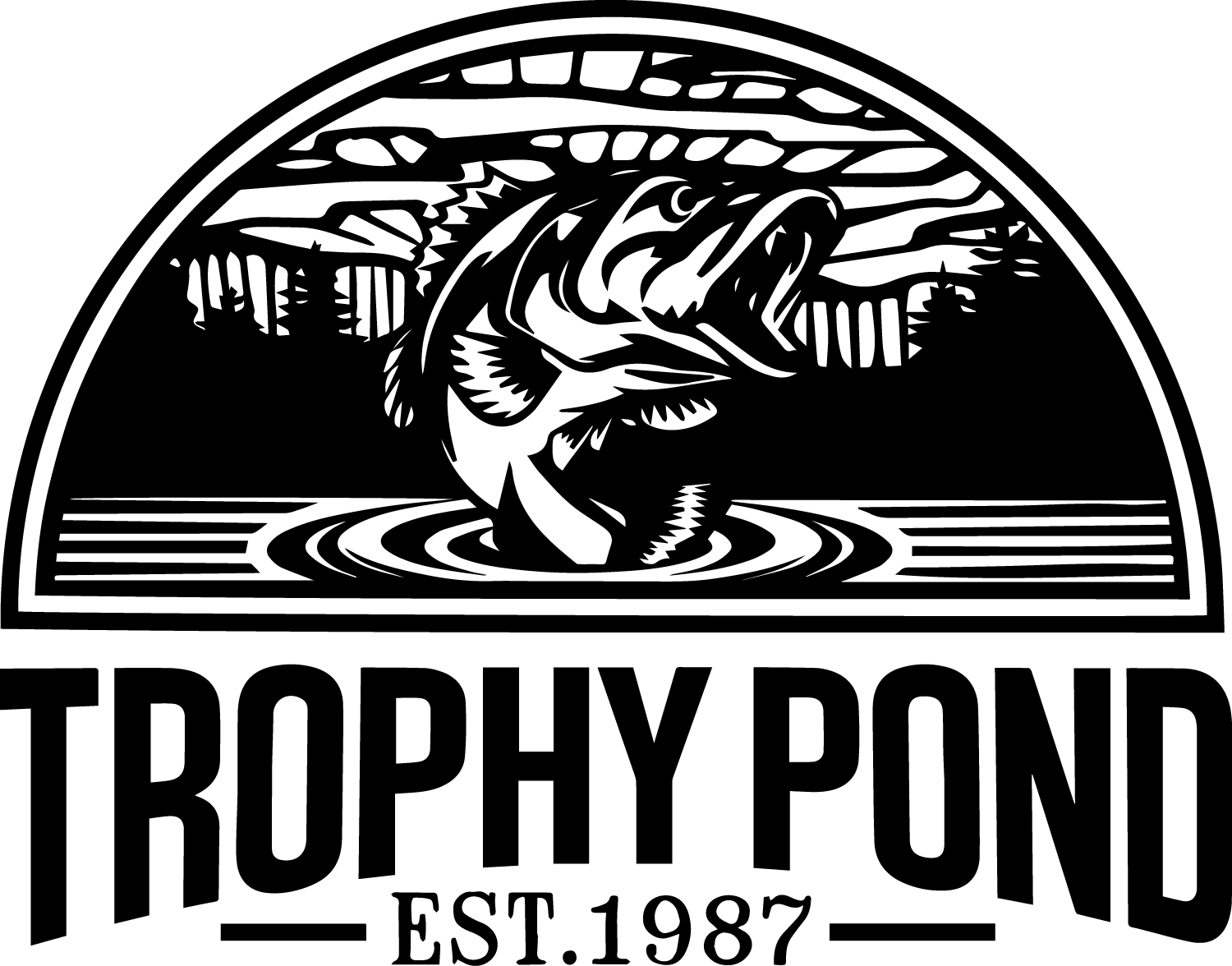F1 largemouth bass: Beware Snake-Oil Fish Sellers
There's that saying, "If you can't say anything nice, don't say anything at all." But there's another saying, this one from the apostle Paul: "Have nothing to do with the worthless deeds of darkness, but rather expose them for what they are." Anyone who has read the New Testament knows that Paul spent a fair amount of time openly calling out those who were opposing him and speaking untruths. My mission is far less important than Paul's; but I still have a mission, to give you the best pond possible and to put your fishing above my pocketbook; and the people I call out in this industry deserve it because they're lying to you, the pond owner.I had a landowner tell me a few months ago that a biologist for another company had allayed his fears about F1s so that he had decided to stock them, against my recommendation to stock pure Florida largemouth. He has a six-acre pond, and prior to this had taken all of my recommendations: we had limed the pond and installed a bottom-diffuser system to improve water quality; we had stocked coppernose bluegill supplementally and they were growing rapidly and filling the pond with forage; he was feeding the bluegill with a premium fishmeal food from several feeders. The pond was primed to grow giant bass. If he had stocked Floridas, some of them would have interbred with the northern largemouth already present in the pond, giving him F1s; but he also would have had pure Floridas that would have bred with other Floridas, just as he would have had pure northerns still breeding with other northerns. Instead he listened to a sales pitch and stocked F1s. The first time any of those F1s breed, whether it's with other F1s or with his northern bass, Fx bass will be the result, and outbreeding depression will appear in those Fx bass. The highest percentage of Florida alleles that will be possible the first time those F1S breed with his northern bass will be 25% (an F1 has 50% Florida and 50% northern alleles by virtue of having one parent each of Florida and northern largemouth).I had previously mentioned outbreeding depression to this landowner as the problem with F1s, specifically that their offspring are subject to it; I had told him that outbreeding depression produces offspring that are inferior in many ways, including inferior growth potential and increased susceptibility to disease. So he mentioned the increased disease susceptibility to this biologist from my competitor...Who proceeded to tell him that it wouldn't be a problem.Here's a study for your consideration:Goldberg, Tony et. al. Increased Infectious Disease Susceptibility Resulting from Outbreeding Depression. Conservation Biology 19(2):455-462.Not only are the fish in the study the exact species in question, they're all northern largemouth - they're just northerns from two different geographic regions. The first-generation offspring of the hybrid bass produced by spawning those bass from two different regions yielded fish that had 3.6 times the mortality rate from experimental inoculation of a pathogen compared to the pure strains and the F1s. And this is among bass that were all the same subspecies, northern largemouth bass.Some people in the field who have more of an interest in furthering their pocketbook than protecting the landowner, will try to tell you that nature weeds out most fish within a couple weeks of when they hatch out as fry, and that the weak ones are eliminated then. This idea makes perfect sense if you don't examine it with logic and common sense. If you've actually been around a pond for more than ten minutes, and have paid attention, you have probably at some point witnessed a large, perhaps even trophy-sized, fish die from disease. You may have even had an entire fish kill from disease; believe it or not, this has happened once or twice in the history of ponds. Diseases of fish are not limited in their onset within the first two weeks of life of the fish; they can occur at any time, and they don't consult the fish or the landowner as to the desirability or undesirability of their coming. (I am being highly sarcastic here only in an effort to point out the depths of dishonesty to which some people in this business will sink to line their pocketbooks at your expense.)What exactly is that biologist from that other company going to do to prevent increased disease susceptibility among the offspring the first time those F1 bass spawn? Is he going to drive to the pond daily and feed the fry microscopic vitamins? Is he going to give them miniature booster shots with a tiny needle? He lied to get the sale, pure and simple. And he harmed the landowner in the process.
